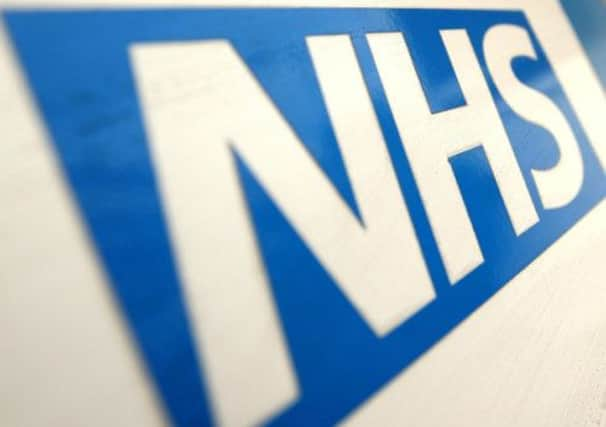Health chiefs launch review of under-pressure urgent services


The move announced today comes amid growing concerns about how urgent and emergency services adapt to meet rising demand.
The NHS Commissioning Board said the review will recommend the best way of organising care to meet the needs of patients.
Advertisement
Hide AdAdvertisement
Hide AdIt will set out a national framework for the delivery of consistent standards of care across the country, with future reconfigurations of services expected to take account of its findings.
The review comes as demands on casualty units continue to increase inexorably and as the NHS moves towards providing more seven-day services amid criticisms of care in particular at weekends.
A series of contentious reviews of A&E services are already being carried out around the country, with many predicted to cause major controversy ahead of the next General Election.
The outcome of the review could give GP-led clinical commissioning groups, which will take over responsibility for shaping services from April, powerful cover to carry out changes.
Advertisement
Hide AdAdvertisement
Hide AdBut its results are likely to be published after key work to reconfigure services is already well underway and will come in the wake of the introduction of the new 24-hour 111 advice line for NHS services including urgent care in April.
Among changes in the region already underway, officials in North Yorkshire are next month due to receive final tenders for a five-year contract to provide out-of-hours services in the county.
In West Yorkshire, health chiefs last week announced plans which would see A&E at Dewsbury and Pontefract hospitals permanently downgraded. Final decisions will be taken in July following a three-month public consultation.
Sir Bruce Keogh, medical director for the NHS Commissioning Board who will carry out the review, said: “The NHS is there for all of us and should offer appropriate, effective and rapid care whenever and wherever it is needed.
Advertisement
Hide AdAdvertisement
Hide Ad“Treatments for many common conditions such as heart attacks and strokes have evolved considerably over the last decade and are now best treated in specialist centres. Yet we know people want their A&E nearby.
“This makes me think we need to review the increasingly complex and fragmented system of urgent and emergency care, so that sick, anxious and often frightened people can get what they need, when they need it.”
NHS Confederation chief executive Mike Farrar welcomed the review.
“Local urgent and emergency care services are seeing demand rising, year on year,” he said.
Advertisement
Hide AdAdvertisement
Hide Ad“There is no getting away from the fact that the current structure of these services needs to change if we are to secure the best-quality patient experience, improve clinical outcomes and, ultimately, save lives.
“Advances in medicine mean the best response to a heart attack or stroke might see a patient taken to a regional specialist unit.
“This means they will have access to latest treatments by specialists who treat similar patients on a very regular basis allowing them to develop and maintain their skills to the highest-quality standards.
“There is still a vital need for local urgent care services, but the development of a world-class specialist emergency system capable of saving lives also requires having the right expertise, in the right place, at the right time.
“It is essential that patients, local communities and their representatives – including local and national politicians – are properly engaged in the debate.
“No change is not an option.”